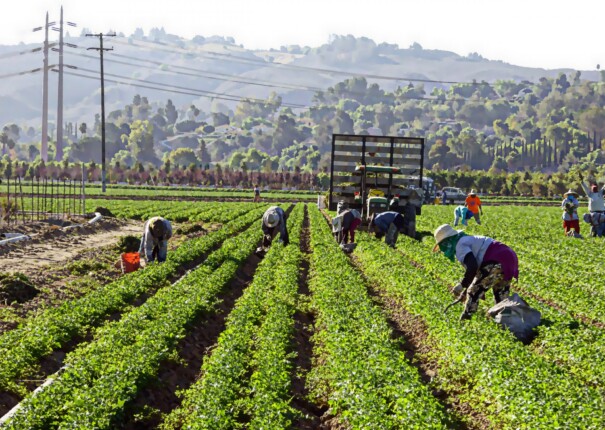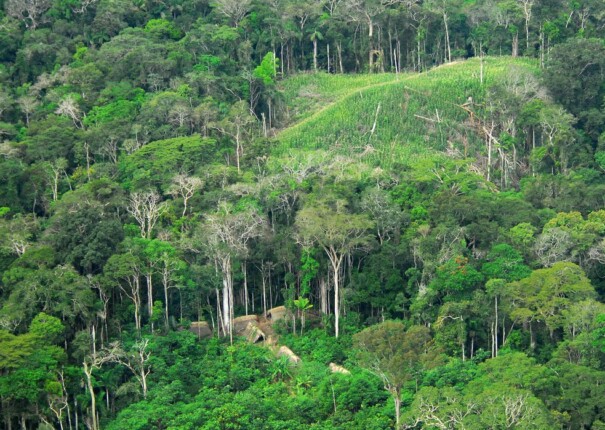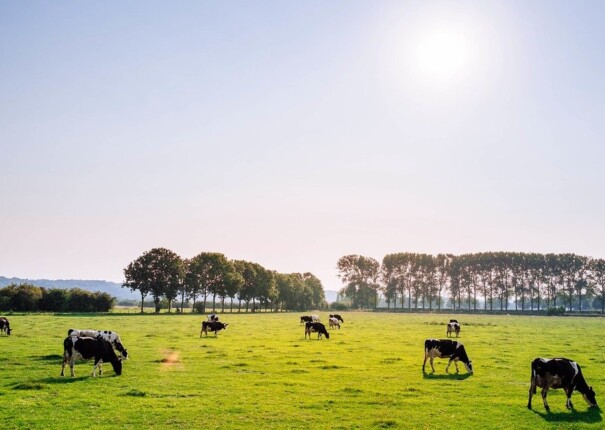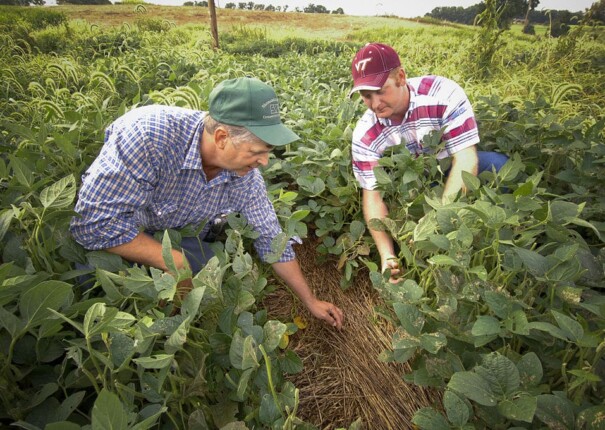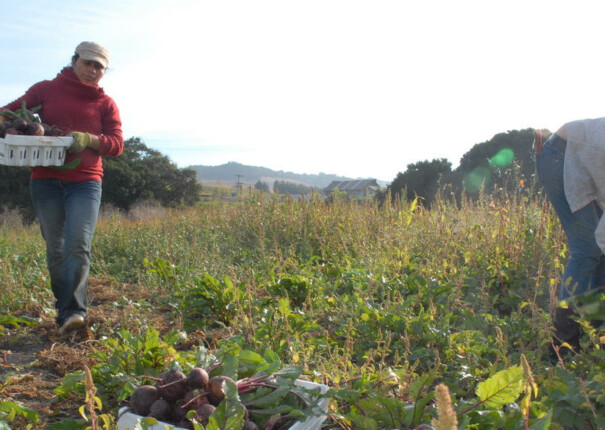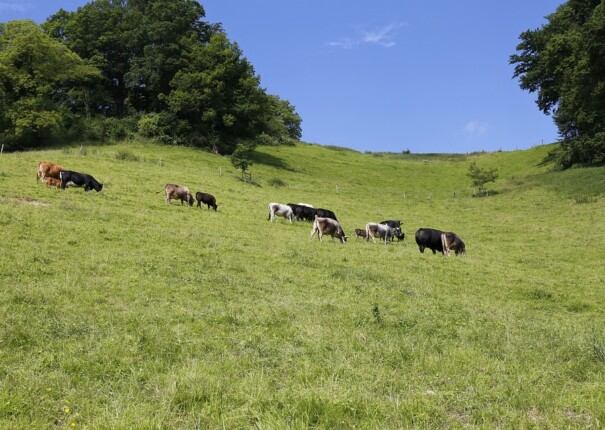Rewild to mitigate the climate crisis, urge leading scientists

by Fiona Harvey, Grist Highlights According to a new study, restoration of Earth’s most degraded areas along with protections for areas still in good condition would help store an amount of carbon equivalent to half of all human-related greenhouse gas emissions since the industrial revolution Restoration and protection would prevent 70% of anticipated species extinctions … Read more



